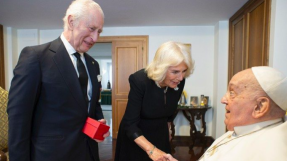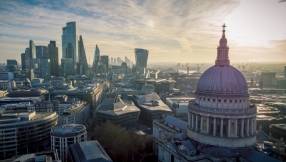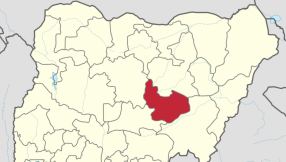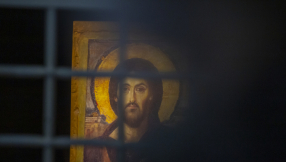The decision by Church of England bishops not to allow special services to celebrate a person transitioning from one gender to another has provoked outrage from those pushing for change.
The Church's bishops rejected calls for a re-baptism style official liturgy to mark gender transition at a private meeting at Lambeth Palace last month. They said clergy could use an existing 'affirmation' of baptism service for people wanting to switch gender.
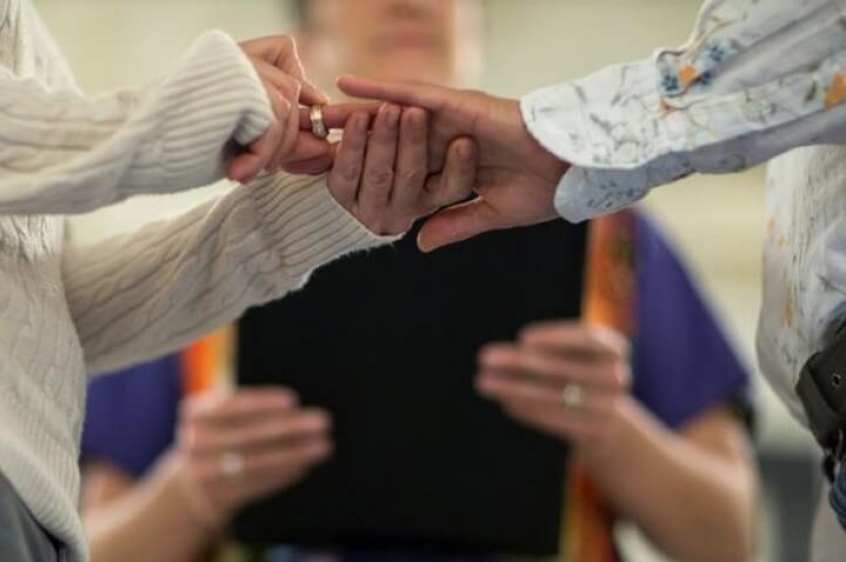
However the decision is being branded 'utterly disgraceful' and 'embarrassing' by campaigners calling for a more inclusive approach to sexuality from the Church.
Tracey Byrne, CEO of the LGBT lobbying group OneBodyOneFaith, said it 'feels like kicking trans people into the long grass'.
She said the decision was 'no particular surprise' and accused bishops of failing to consult trans people.
'More fine words about welcome – but denying trans people the services and pastoral support they themselves have told us would actually make a real difference,' she said.
'Officially authorised services would have sent a strong message from the very top of the institution that trans people really matter; that was the message at July synod. Sadly once again the bishops have failed to step up to the challenge set them by General Synod, the Church's own governing body.'
Jayne Ozanne, another LGBT campaigner and member of the General Synod, tweeted: 'Synod's request for formal liturgies was to give a clear signal of welcome to our trans brothers & sisters. By now refusing to do that it effectively tells them the exact opposite!'
A motion at the synod's last meeting in July focused on 'the need for transgender people to be welcomed and affirmed in their parish church' and called for bishops 'to consider whether some nationally commended liturgical materials might be prepared to mark a person's gender transition.'
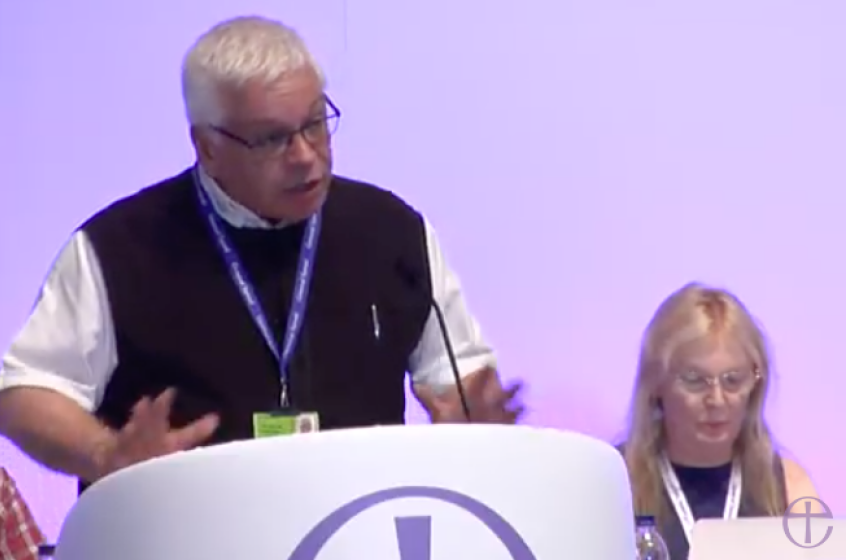
An accompanying briefing note to the motion by church officials explained that while no 're-baptism' could be offered because baptism can only happen once, 'there is no legal or doctrinal difficulty about a baptised transgendered person re-affirming their baptismal vows using a name different from the Christian name given at baptism'.
It said that if the motion passed, bishop 'would need to consider' whether to prepare new liturgy. However it added: 'Alternatively the House might conclude that existing liturgical materials provided sufficient flexibility to meet this pastoral need.'
In a statement explaining the bishops' decision not to allow a new form of service for transgender people and take the option of using existing material, The Bishop of Norwich, Graham James, insisted the Church 'welcomes transgender people and wholeheartedly wishes for them to be included in the life of the Church'.
He added: 'On the matter of whether a new service is needed, the House of Bishops has decided that the current service that is used to affirm baptism can be adapted.
'Clergy always have the discretion to compose and say prayers with people as they see fit.'
The statement added that a paper discussing the decision will be published before the synod next meets in February. Although the topic is not scheduled for particular debate, it is likely to be raised in an open question and answer session on the opening night.










